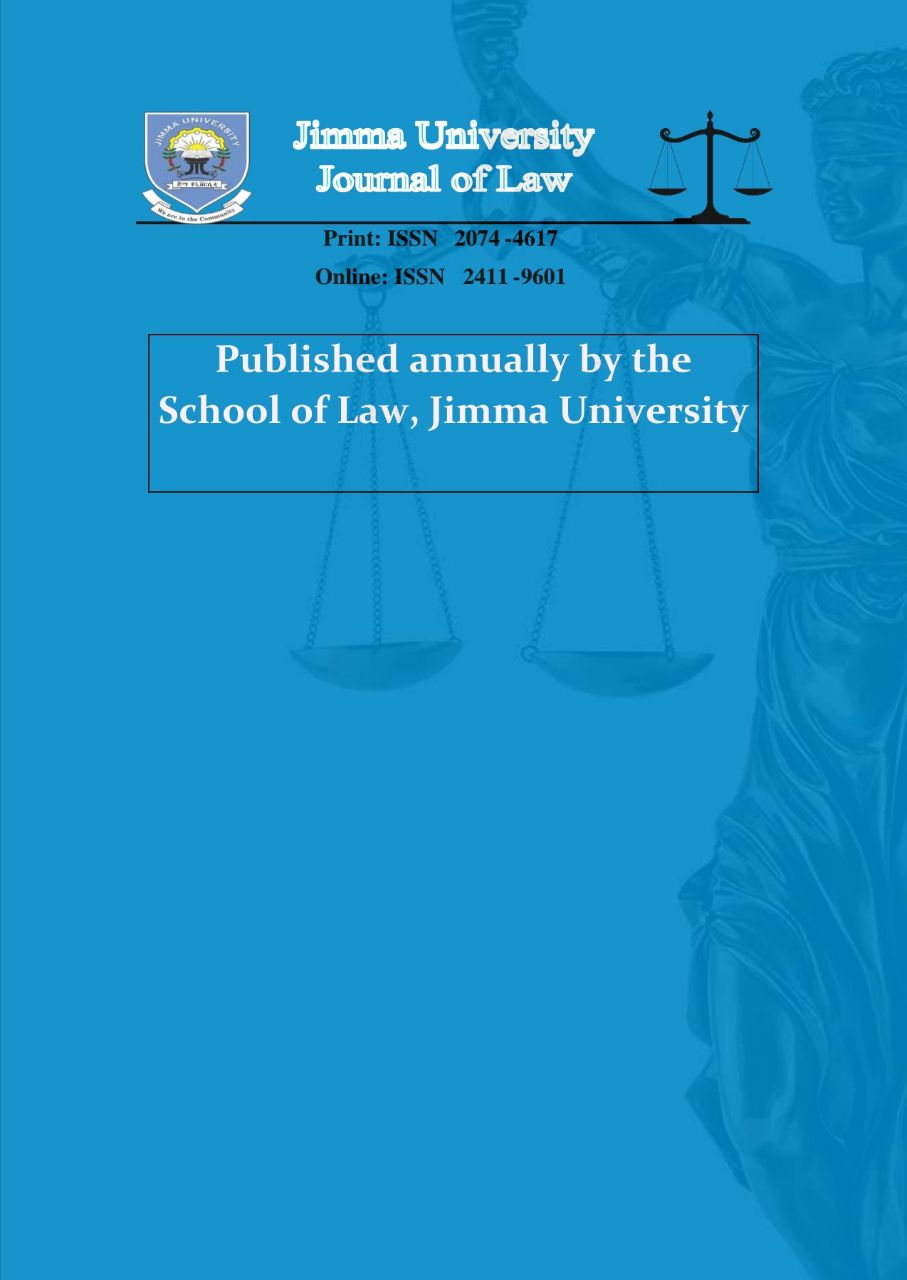INTERCOUNTRY ADOPTION: LOSS OF IDENTITY OF A CHILD?
Abstract
Intercountry adoption is regarded as one means of child care in the
modem time. As it involves physical displacement across borders,' it implies
not only the total and definitive rupture of the relationship of the adopted
child with his or her biological parents, but also transfer of the adopted child
to a country with completely different culture and a complete change in
identity of the adopted child almost always without his or her consent. Thus,
some critics on intercountry adoption emphasise on the effect of intercountry
adoption on the right of the child to culture. They say that intercountry
adoption results in 'the loss of a child's cultural heritage' and consequently
'leads to the loss of the child's identity.'2 As a result, they tend to reject the
institution of intercountry adoption. In this work, the writer argues that, first,
intercountry adoption can be regarded as one acceptable means of alternative
care to children without losing sight of its effect on their cultural right. Second,
the legal regime governing intercountry adoption at the international level
includes safeguards that protect cultural rights of children during intercountry
adoption and hence it is possible to balance the right with other rights of the
child.




